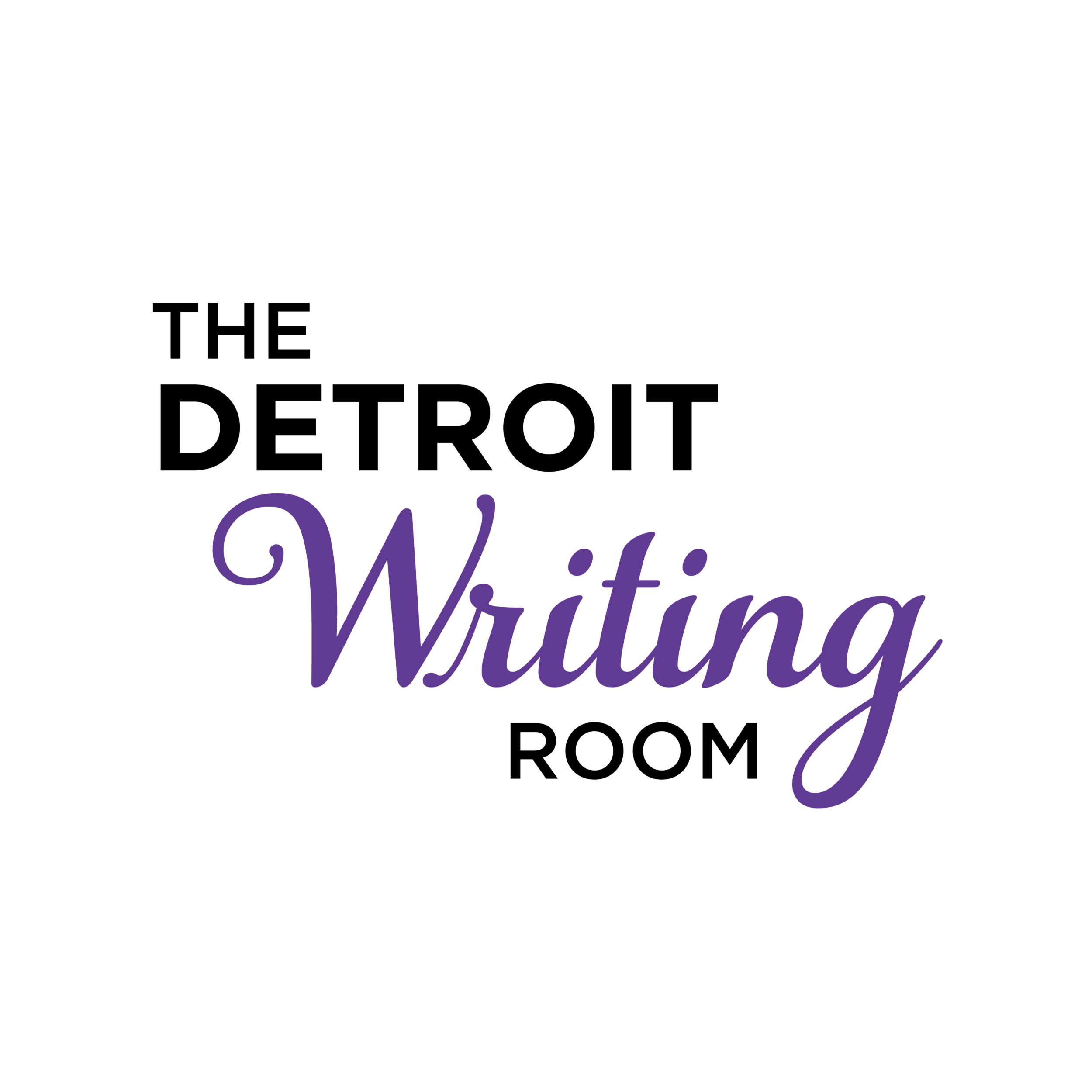Author Elaine I. Makas, Ph.D.
Whatever it is, the way you tell your story online can make all the difference.
This week’s Writer Wednesday features author Elaine I. Makas, Ph.D., of Frankenmuth, Michigan. After 40 years in the world of education, she retired and devoted her time to tell the heartwarming story of her dad’s battlefield journey during the Southern Invasion of Germany in 1944. She worked with DWR coach Elizabeth Ann Atkins on "A Young Man on the Front Line: Lessons of War" that was published in 2020. The book chronicles how U.S. Army Sergeant Chris Makas braved bloody battles, frigid winters and gut-wrenching trauma to help lead the Allies into victory during World War II.
You can learn more and meet Elaine at our virtual book talk on May 26, 2021 at 7 p.m. EST. (The 15 people who register receive free admission!)
Do you have any tips or advice for someone who wants to write a memoir?
My best advice for someone who wants to write a memoir is to feel the person in your heart. If it is a personal memoir do a great deal of journaling and reflection. If the memoir is about a loved one and they are living — have genuine heartfelt conversations with them. If the person is deceased what clues and memories have he/she left you? I believe it is best to write a memoir of either your own life or the life of someone who lives in your heart.
Can you share your research process and how you kept track of all the historical information and details in “A Young Man on the Front Line”?
The greatest challenge of writing “A Young Man on the Front Line” is integrating and aligning of my father’s personal journey with the chronology of the Invasion of the Southern Germany, a general understanding of the war (from a 1944 point of view), and the little funny vignettes he use to tell.
Elaine and her dad in 2010.
What is your favorite part of the writing process?
My favorite part of the writing process is the first rewrite. It’s after you get the gist of the chapter down and can go back and make the writing deeper, more compelling, create strong verbiage, enticing scenes and physical sense connections (sight, sound, taste, touch, smell). All of which draws in the reader and holds them in the story.
What does your writing workspace look like?
I love my writing space, and I think an author’s writing space is important to not only keep he/she organized but a space that invites creativity. My space is a set area in my spare room that is light and sunny. I must admit, I am old-school. I do write and research on a computer but that’s it. My writing space has everything I need for an ole’ time office (stapler, paper clips, file folders, notebooks, research books, pencils, etc.). I have notebooks with dividers where I file my ‘hard-copies’ of research, artifacts, drafts, etc. And it is a place where I can leave everything a mess and know right where I left off!
What is your favorite non-writing hobby?
My favorite non-writing hobby is oil painting. My paint studio is on the other side of the spare room that houses my writing space. To me, writing and painting are related as they both interact with me and each other to promote my creativity.
What is your favorite piece of writing advice?
My favorite piece of writing advice came from Stephen King who basically said, “Take out the bad stuff.” In other words it is important to edit your work.
What writing projects are you currently working on?
Currently I am working on a series of short stories of five women who in one way or another were related to me. Each woman had to face a hardship which put them into a place where she was forced to make ethically difficult decisions.
Whatever it is, the way you tell your story online can make all the difference.
Follow Elaine’s book on Facebook and order a copy on Bookshop.org.



